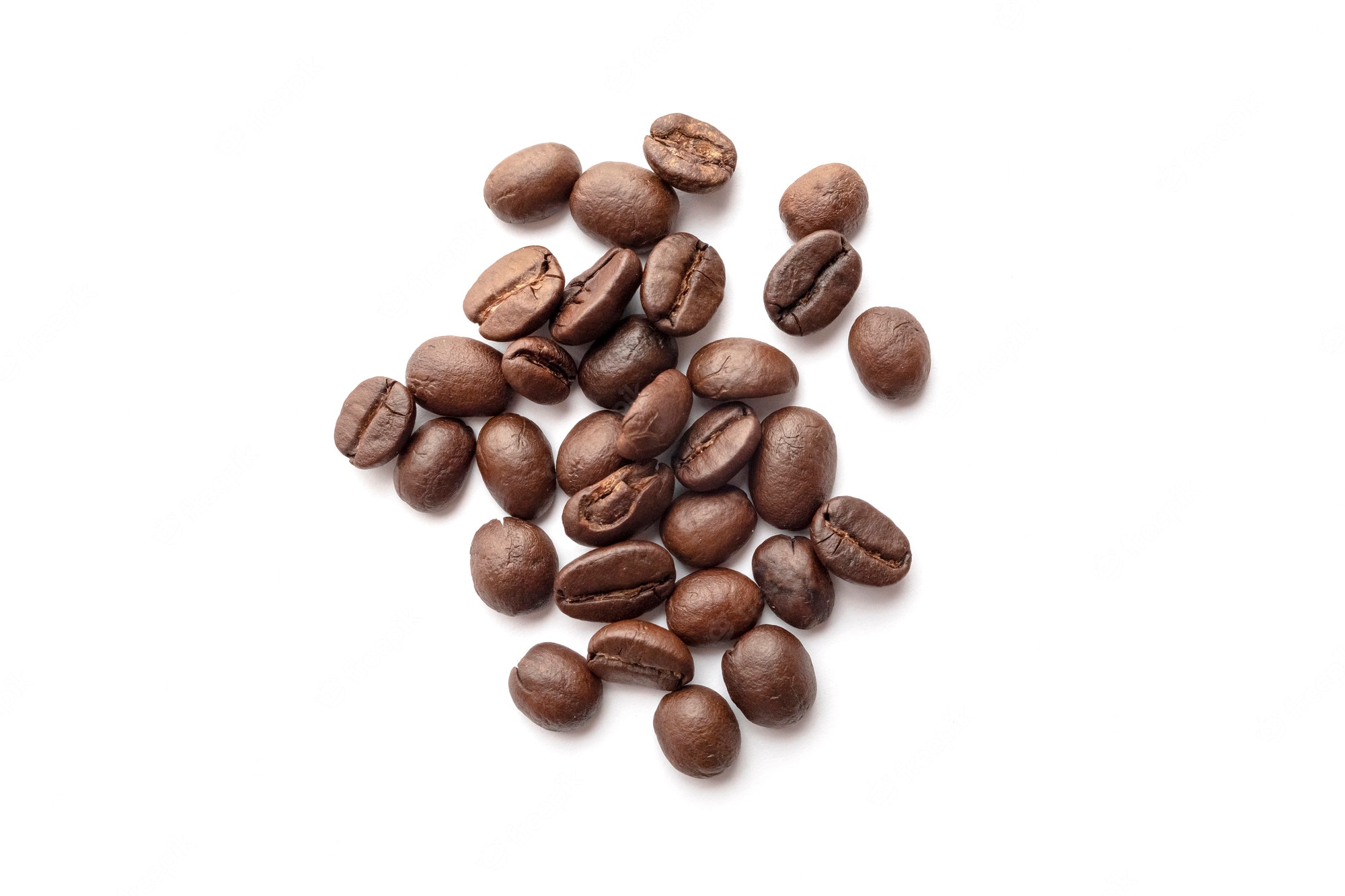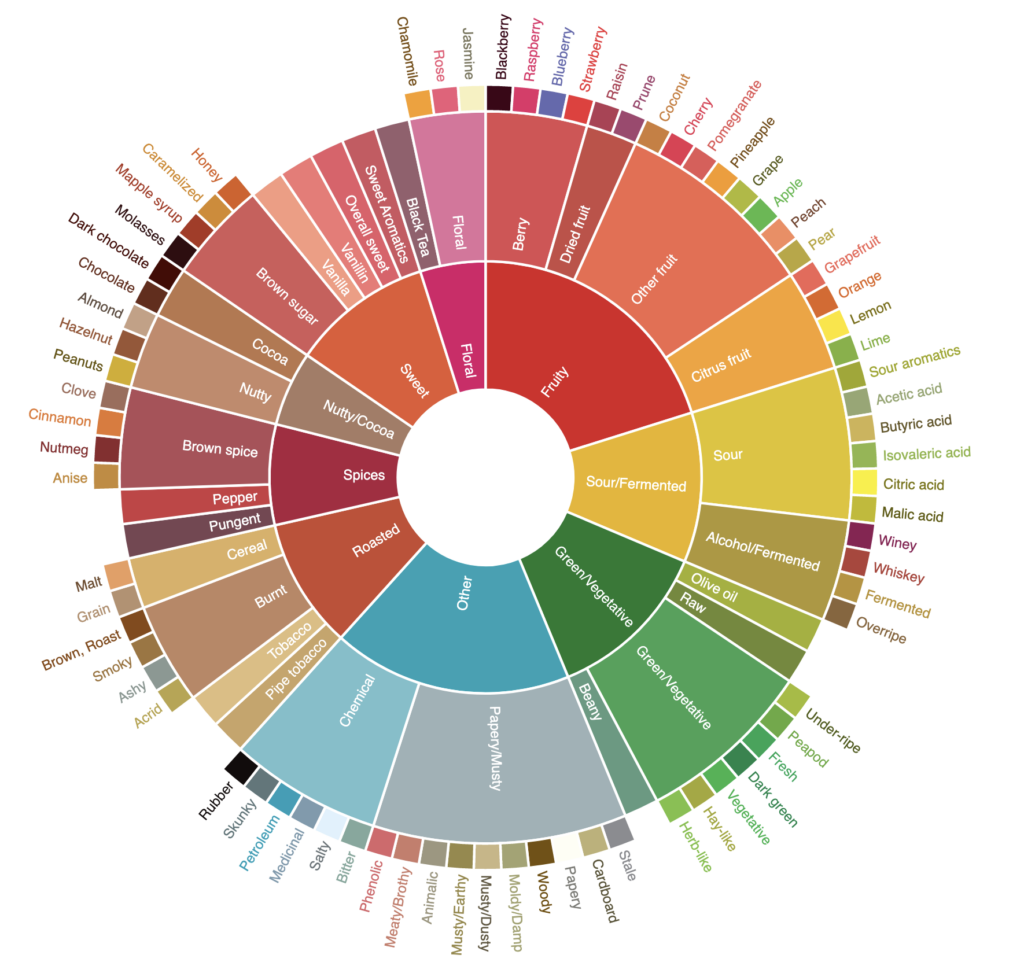
If you are new to the world of specialty coffee, welcome!
We hope you already have a bag of coffee ready on hand!
If you haven't gotten any coffee yet, we always recommend starting with a coffee profile that is the most approachable for you before progressing to more complex profiles.
Some may like the acidity in their coffee while others prefer something with low acidity that has a greater resemblance to dark-roasted coffee.
Our coffees are labeled with their respective acidity, body levels, roast levels, and their aromatic notes.
At Yasumi Coffee, the most common feedback we get from our customers is "Wow, this does not taste like the usual coffee I drink".
This is because most of the coffee you encounter at the local cafes down the street use dark roasted beans while we currently only have a range of light to medium-roasted coffee!
The "Roasted Coffee" flavor from dark roasted beans comes from the sugars and proteins caramelizing during the long roasting process. This results in that delicious signature roasted and charcoal flavor and bittersweet taste that is common in all dark roasted coffee.
However, dark roasted coffee also tends to taste predictable because most of the unique characteristics of the coffee origin are broken down during the roasting process as they are very fragile in nature.
Dark-roasted coffee tends to have much more body because when they become more porous during the roasting process, the coffee solubles are easily extracted into the water.
This makes for a richer mouthfeel in your cup of coffee!
When selecting a good dark-roasted coffee, avoid choosing coffee that is over-developed and burnt which results in a really bitter-tasting and bland coffee.
At Yasumi Coffee, we do not have any dark-roasted coffee as we have not yet found a roasting profile that offers any unique characteristics when roasted dark. We are still in the R&D phase of finding the perfect dark roasting method!
Vice versa, lightly roasted coffee tends to retain the original flavors of the coffee but lacks the "Roasted Coffee" flavor that is familiar to many.
This makes for an interesting experience because you get to savor the different natural flavors contributed by the coffee's varietal and also terroir of the coffee growing process!
It also takes much more time to extract coffee solubles from lightly roasted coffee which is why the coffee's body may not appear as rich as its dark-roasted counterparts.
When selecting a good light-roasted coffee, we recommend only choosing freshly roasted coffee that is not more than 4 weeks old as most of the interesting aromas are volatile and will be lost as the coffee ages.
You may wonder why our coffee beans are described with various tasting notes that are associated with fruits, nuts, and even chocolate.
These tasting notes are not artificial flavorings. The coffee cherry is a unique fruit that has vastly different flavor profiles depending on how it is grown!
The taste of coffee is greatly influenced by the characteristics of the land where it is grown. These characteristics, including pH levels in the soil, precipitation, elevation, temperature, and sun exposure, all play a role in determining the flavors present in the coffee.
Because some of these flavors are so unique and hard to describe, we use existing flavors to represent these flavors when describing the coffee to others.
You may even have a different interpretation of the flavor compared to others and that is totally fine!
Here is a popular chart of the various flavor notes that you may experience during your specialty coffee-tasting journey.

After brewing your first cup, we recommend the following steps to appreciate the various notes from the origin region of your coffee beans.
The perception of flavor may vary from person to person. You may also not be able to easily identify the different subtle flavors from the get-go.
It takes time to develop the vocabulary and sensitivity in your palette for different flavors.
We recommend tasting coffee from different regions at the same time so you are able to slowly distinguish the differences eventually.
Coffee from the same bag can taste vastly different depending on the brewing method, grinding method, and your brewing experience.
An example is that coffee from an espresso machine is bold and can greatly amplify the main flavor profile of the coffee while overpowering subtle flavors. Filter coffee on the other hand allows each flavor profile to be more distinct but results in a lighter body similar to tea.
As for the grind size, even a 1-millimeter adjustment in the grind settings for your espresso can greatly affect the result of your coffee.
We will not go into detail on each brewing method in this guide but we are sure that there are various tutorials online on how to brew coffee with whichever method you prefer!
In our opinion, if you want a fuss-free experience, the french press is the easiest method to brew good coffee without worrying about too many variables or having years of experience.
When you brew your first cup of coffee, we also find it most helpful in differentiating your favorite cup by thinking about these characteristics: sweetness, body, acidity, flavors, and finish.
Freshly roasted coffee emits a lot of carbon dioxide within the first week of roasting.
The degassing process can contribute to a slightly acidic taste as well as overpowering delicate aromas in your coffee.
We recommend allowing your coffee to rest in the bag for at least one week after the roasting date for the gas to escape.
Degassing the coffee is also helpful for anyone who is brewing espresso because the gas bubbles may greatly increase the speed of how the espresso shot is pulled, resulting in under-extracted coffee.
Our coffee bags are specially fitted with a one-way valve that allows carbon dioxide to leave while preventing oxygen from entering which can cause oxidation.
We recommend that you consume your coffee beans within 4 weeks of their roasting date as some flavors are more volatile and may be lost by then.
Can you drink your coffee with sugar?
If you need to drink coffee with sugar, by all means do so!
Most people need sugar in their coffee mainly due to bitterness.
However, we recommend reducing the bitterness by lowering the brew temperature or reducing the steeping time instead of adding sugar!
Can you drink coffee with milk?
Yes! Milk has a natural sweetness and is a great bitter-blocker, this makes it a great alternative to purely adding sugar to your black coffee.
There is a long list of things you can drink our coffee with because lightly roasted coffee has so much unique flavor combinations!
We tried our Ethiopia beans with Grape soju and we were blown away by the fruity combination.
At Yasumi, we wish for our coffee to be used as an ingredient in creating unforgettable flavor combinations, we can't wait to see your creative concoctions made with our coffee beans!